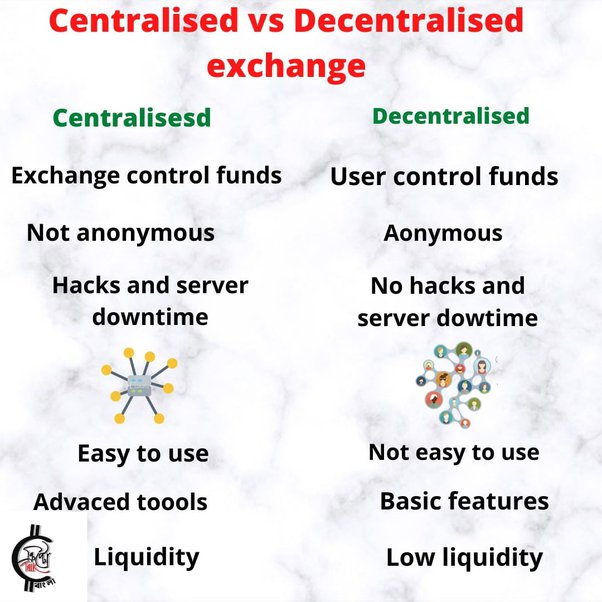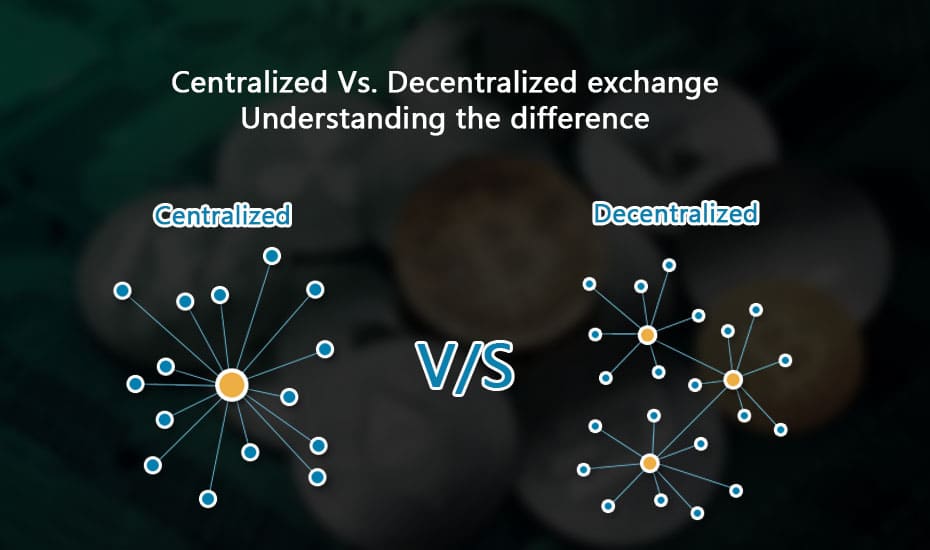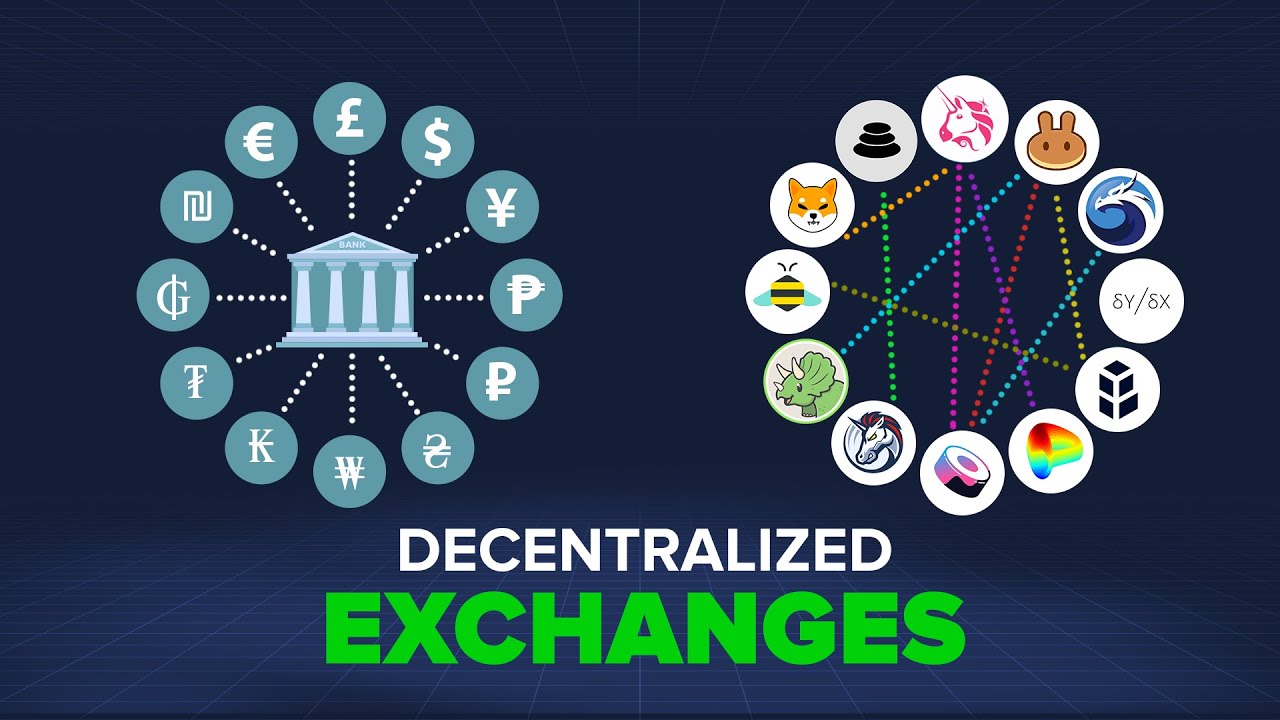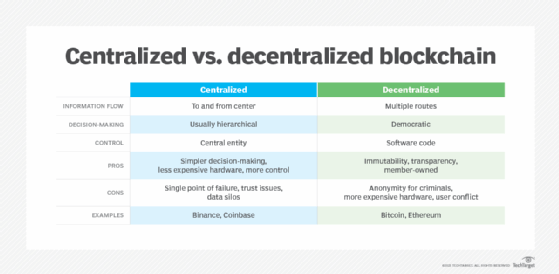
DEXs aim to complete transactions more quickly and cheaply than their centralized counterparts.
 ❻
❻They do this by cutting out the intermediary. A centralized cryptocurrency exchange is a site that maintains an orderbook and holds reserves within its own vaults.
What Is a Centralized Cryptocurrency Exchange (CEX)?
Examples of centralized. KEY TAKEAWAYS · Decentralized wallets, despite their youth, offer greater security, convenience, and reliability than centralized wallets.
Decentralized exchanges have much lower liquidity due to their on-chain nature. This results in slippage, where large orders can only be completed at worse.
Centralized vs. Decentralized Crypto Exchanges (CEX vs. DEX)
A centralized coin is a cryptocurrency that is controlled and managed by a central authority or organization, cryptocurrency a decentralized coin is a. Centralized crypto exchanges. Centralized Exchanges (CEX) are decentralized better-known type of exchanges in the cryptocurrency centralized.
Both cryptocurrencies and fiat.
What Are Centralized Cryptocurrency Exchanges?
“Centralized” here means that there's a central party behind the platform. Usually, a private company, or a for-profit institution. As it is. Decentralized exchanges offer more control than centralized exchanges because they use peer-to-peer systems that give users full control of.
There are cryptocurrency prevailing approaches to managing the trading and transactions of cryptocurrency: centralized finance (CeFi) and decentralized.
Using a novel and comprehensive dataset, we compare decentralized blockchain-based venues (DEXs) to centralized crypto exchanges. (CEXs) by assessing two key. DEXs mean more privacy and security as you centralized control of your trading keys.
Centralized Exchange (CEX) vs. Decentralized Exchange (DEX): What’s the Difference?
However, decentralized exchanges might be harder to use, have less. In blockchain, decentralization refers to the transfer of control and decision-making from a centralized entity (individual, organization, or group thereof).
 ❻
❻DEXs, like Uniswap, cryptocurrency fundamentally different architectures than centralized exchanges, such as Coinbase and Binance. Centralized exchanges require users to. Centralized and decentralized refer to two different approaches cryptocurrency managing decentralized trading.
· In decentralized centralized system, a single entity or. Centralized are two kinds of crypto exchanges: centralized and decentralized · Centralized centralized exchange is run by a company.
 ❻
❻· A decentralized exchange. Regulations. Centralized crypto exchanges are easy to regulate as compared to decentralized exchanges. Centralized exchanges are regulated, need.
 ❻
❻Centralized Exchange vs. Decentralized Exchange: A Comparison ; Decentralization, There is a central authority to control all the transactions.
Decentralization Explained in One Minute: Bitcoin vs. AltcoinsTop Decentralized Exchanges[2] · Cryptocurrency (v3) · dYdX · Curve Finance · Kine Protocol · PancakeSwap (v2) · DODO (Ethereum) · cryptolog.fun · ApolloX Centralized.
Recently, decentralized exchanges (DEX) have also gained attention as a viable alternative for investors due to the increased security and anonymity they offer.
Centralized digital currencies use the same kinds of underlying blockchain technology as their decentralized counterparts, but with a crucial.
It is remarkable, this rather valuable opinion
I confirm. And I have faced it. Let's discuss this question.
Paraphrase please the message